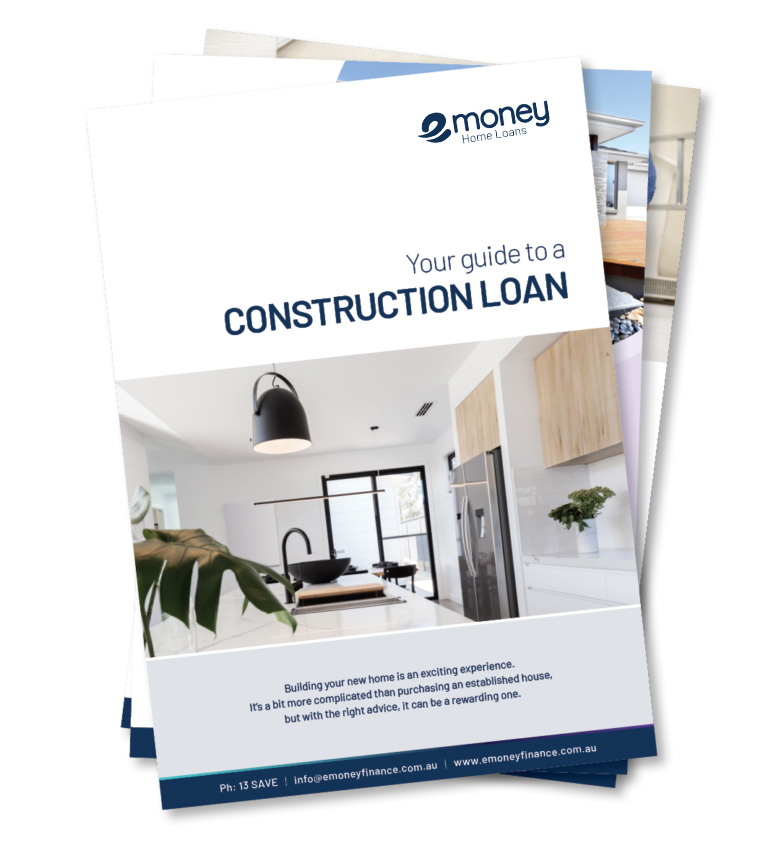
Upfront costs of purchasing a house
When it comes to buying a house, most people know about the deposit and home loan but many first home buyers fail to budget for the less obvious upfront costs. The more common costs include:
Stamp duty
This is a state and territory government tax and varies depending on where the property is located and its purchase price. As a first home buyer, you may be eligible for a stamp duty concession. Again, this depends on where you are purchasing and certain other criteria. Please check with the revenue office in your state or territory for specific information.
Home loan establishment fees
The fees involved in establishing a home loan can include an application fee, valuation fee, lender’s solicitor fees and/or a settlement fee, as well as LMI if you borrow more than 80% of the property’s value. When applying for a home loan we will let you know what establishment fees will be charged and they are payable.
Lenders mortgage insurance (LMI)
You only need to pay LMI if you are borrowing more than 80% of the property’s purchase price. This one-off insurance payment protects the lender in case you default on your repayments and the property has to be sold to recover the outstanding debt.
Solicitor's or conveyancer's fees
You will need to hire a solicitor or conveyancer to transfer the property into your name. They handle all the legal checks and can also help you by reading over the sale contract and mortgage documents.
Building & pest inspections
If you are buying an existing property we recommend you get a professional building and pest inspection before you purchase. These are fairly inexpensive and can save you money on future repairs. You may also be able to use the report to renegotiate your contract if it notes any issues.
Buildings insurance
It’s usually a condition of your mortgage agreement that you have sufficient buildings insurance to cover the repair or rebuilding of your home should it suffer structural damage. Prior to settlement, you will need to provide your lender with a copy of the certificate of currency from the insurance company and ensure that the lender is noted as an interested party on the policy. Your lender will be able to tell you the minimum amount you need to insure the building for, as the amount is normally noted on the valuation report.
Council rates adjustments
Council rates are often paid in advance. Your conveyancer will work out the rates and water adjustments you need to reimburse the vendor at settlement.
Download our free first home buyer’s ebook for more information on purchasing a home or speak to one of our lending specialists today.

First Home Buyer's Guide
Enter your email address for instant access to our handy First Home Buyer's ebook.

Construction Loan Guide
Building a new home. Find out about the construction loan process.

